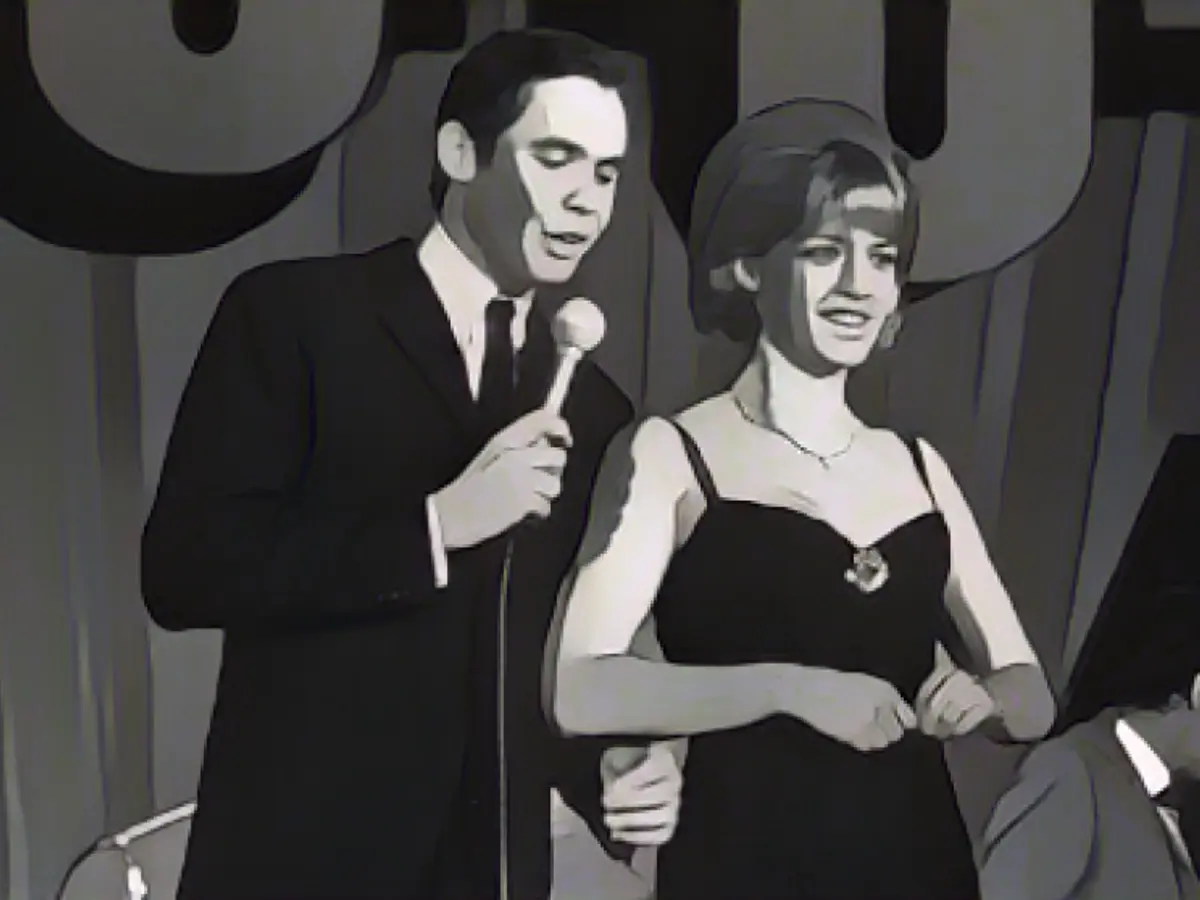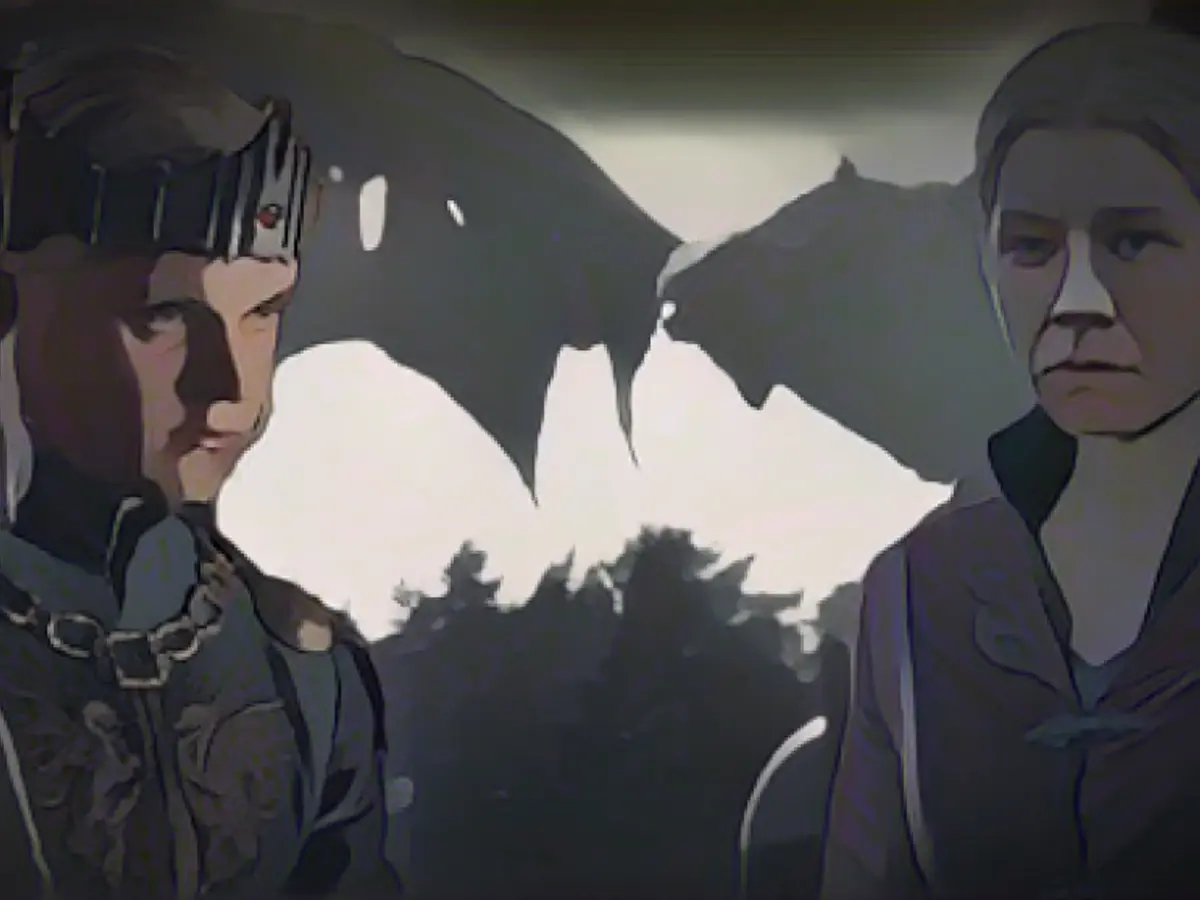Title: The Unlikely Spy Saga of "German Elvis" Peter Kraus
In his new book "Der Stasi-Mythos," historian Michael Wala unveils an intriguing tale from the Cold War era: the misidentification of German Elvis, Peter Kraus, as a potential East German spy by West Germany's Office for the Protection of the Constitution (BfV).
During the 1950s, Peter Kraus, who gained popularity in both East and West Germany, was a household name in the now-defunct German Democratic Republic (GDR). He performed there frequently, even embarking on tours within the East. In fact, his popularity saw no boundaries, reaching even Munich, where the BfV took notice.
Espionage Hunters on the Prowl
The BfV's surveillance team was on the lookout for East German agents who scheduled secret meetings with their counterparts in the West. These spies would infiltrate West Germany, masquerading as Western citizens and armed with falsified documents.
Airports, in particular, were hotspots for these operations, with counterintelligence teams poised to identify suspicious individuals traveling alone with minimal baggage. The customs officer's hand gesture, a secret sign, indicated the appearance of a potential agent.
The Cap-Grabbing Incident
One fateful day, Peter Kraus touched down in Munich. As Kraus journeyed through the airport, a BfV agent observed him discreetly, photographing him with a hidden camera stowed within a man's handbag. The observation, however, came to a halt.
Kraus' Humble Laughter
Today, Kraus finds the whole incident amusing. "If I had realized I was being targeted by the agents, I would have greeted them cordially," Kraus reminisced.
The Disappearing Photos and a Befriended Informer
The BfV images disappeared without a trace. Historian Michael Wala, in his research, uncovered this anecdote from a former West German counterintelligence agent who cooperated with Wala to shed light on the events.
The Detention in the GDR
Years earlier, while traveling from West Berlin to Munich on the transit route through the GDR, Kraus ended up setting foot in East German territory due to a car breakdown. Police rounded up Kraus and held him for several hours before eventually releasing him.
The Misunderstood "German Elvis"
The Cold War era was a time of heightened paranoia and suspicion, with figures associated with Eastern Bloc countries or perceived as ideological allies under suspicion. Artists like Peter Kraus, who frequently crossed borders, found themselves under scrutiny.
While more information can be gleaned from archives and historical records, it remains a fascinating tale of misidentification and misunderstanding in the heart of the Cold War.





